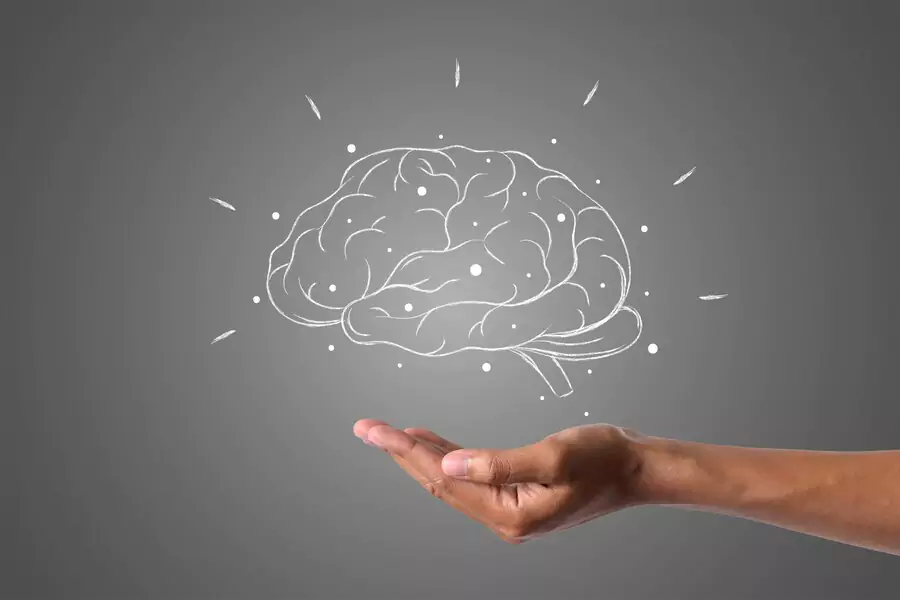The "Biopsychology" course is designed to provide students with an in-depth understanding of the biological foundations of behavior. This course explores the interaction between the brain, nervous system, and behavior, emphasizing how biological processes influence psychological functions. Students will gain knowledge of neuroanatomy, neurophysiology, and the role of genetics in behavior, preparing them to apply biopsychological principles in various professional and academic contexts.
Entry Requirements
- Enrollment in an undergraduate or postgraduate psychology or neuroscience program.
- Completion of introductory psychology and biology courses or equivalent experience.
- Approval from the academic advisor or course coordinator.
Course Structure
The "Biopsychology" course spans a designated period and includes the following components:
- Introduction to Biopsychology: Overview of the field, its history, and its significance in understanding behavior and mental processes.
- Neuroanatomy and Neurophysiology: Detailed study of the structure and function of the nervous system, including the brain, spinal cord, and peripheral nerves.
- Neurotransmission and Neurochemistry: Examination of how neurons communicate through neurotransmitters and the impact of neurochemicals on behavior.
- Genetics and Behavior: Exploration of the role of genetics in shaping behavior, including the study of heritability and gene-environment interactions.
- Sensory and Motor Systems: Understanding how sensory information is processed and how motor responses are coordinated by the nervous system.
- Biological Rhythms: Study of circadian rhythms, sleep, and other biological cycles that influence behavior and psychological states.
- Hormones and Behavior: Analysis of the endocrine system and how hormones affect behavior, mood, and cognition.
- Emotion and the Brain: Investigation of the neural bases of emotion and the brain regions involved in emotional processing.
- Neuroplasticity and Learning: Understanding how the brain changes in response to experience and the mechanisms underlying learning and memory.
- Clinical Biopsychology: Application of biopsychological principles to understand and treat neurological and psychiatric disorders.
- Research Methods in Biopsychology: Introduction to experimental design, data collection, and analysis techniques specific to biopsychological research.
Duration and Delivery
- The course is conducted over a specified academic term, combining lectures, laboratory sessions, and practical activities.
- Students will engage in both individual and group work, with opportunities for hands-on experience through experiments, dissections, and case studies.
Assessment and Verification
- Assessment methods may include written exams, research papers, laboratory reports, and presentations.
- Internal evaluation by course instructors will be supplemented by external moderation to ensure academic standards and integrity.
Progression Opportunities
- Successful completion of the "Biopsychology" course prepares students for advanced study in neuroscience, clinical psychology, and related fields.
- Graduates may pursue careers in healthcare, research, education, biotechnology, and other areas that require an understanding of the biological basis of behavior.
Advantages of Studying in [Location]
- Studying in [Location] offers access to cutting-edge research facilities, a dynamic academic community, and professional networking opportunities.
- The strategic location of [Location] provides exposure to diverse research initiatives and practical experiences in various settings, enhancing the educational experience and graduates' employability in global markets.
Conclusion
The "Biopsychology" course equips students with the knowledge and skills necessary to understand the biological underpinnings of behavior. Through a combination of theoretical learning and practical experience, students gain a comprehensive understanding of how the brain and nervous system influence psychological processes. This foundational course prepares future psychologists, neuroscientists, and healthcare professionals to apply biopsychological principles to advance our understanding of human behavior and mental health.



